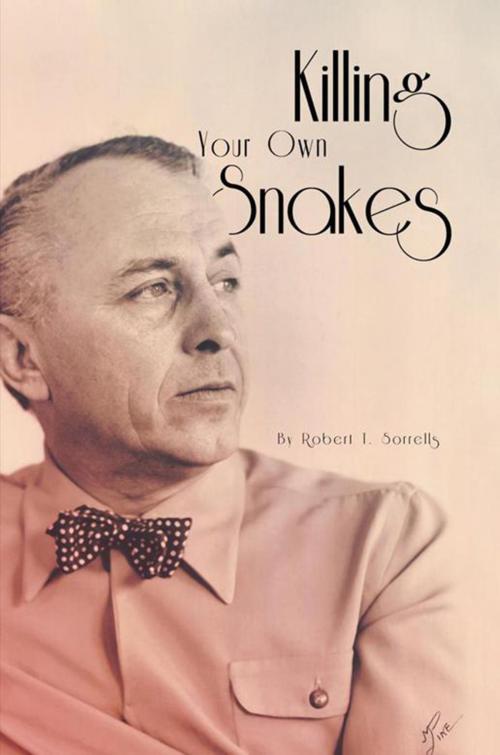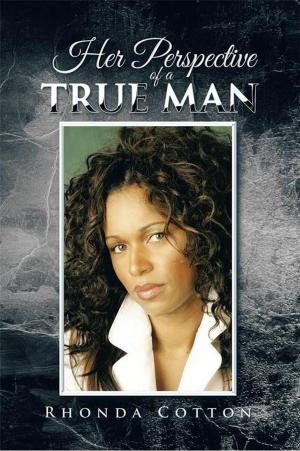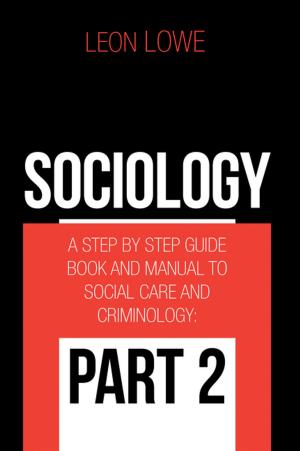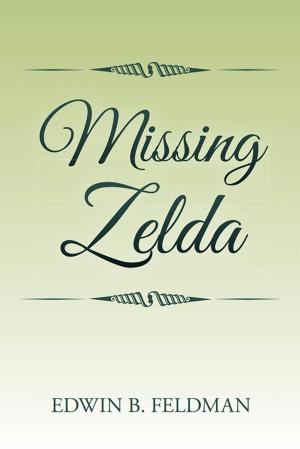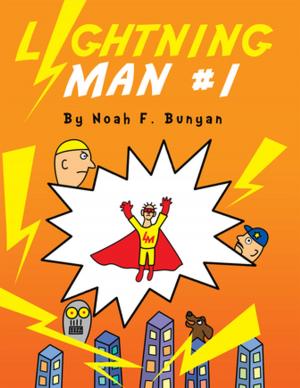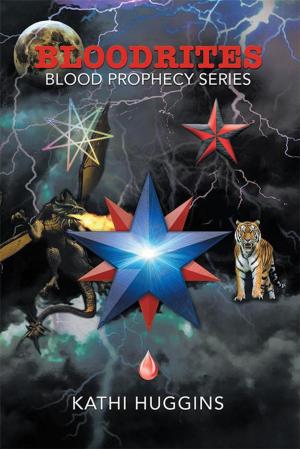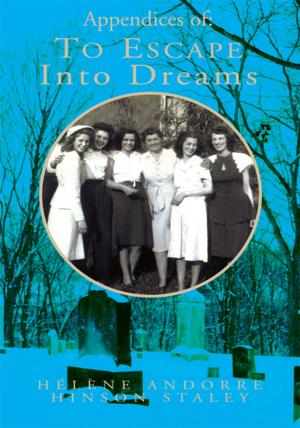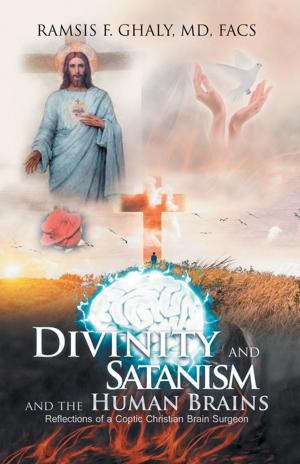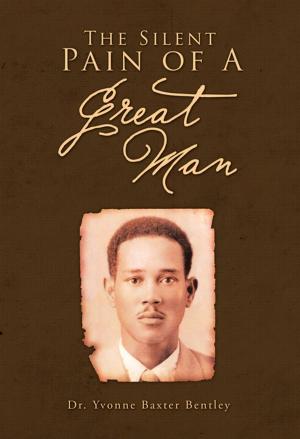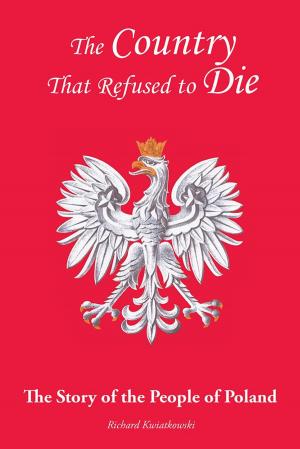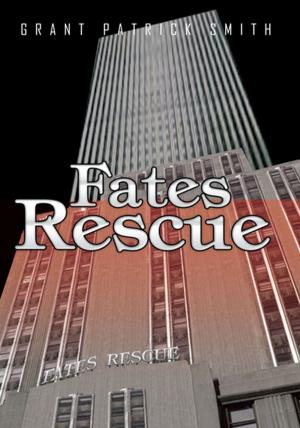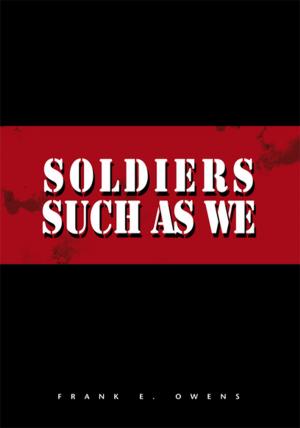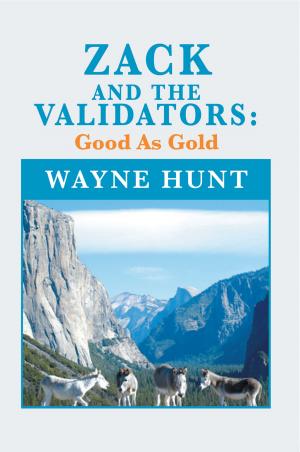| Author: | Robert T. Sorrells | ISBN: | 9781483647753 |
| Publisher: | Xlibris US | Publication: | July 25, 2013 |
| Imprint: | Xlibris US | Language: | English |
| Author: | Robert T. Sorrells |
| ISBN: | 9781483647753 |
| Publisher: | Xlibris US |
| Publication: | July 25, 2013 |
| Imprint: | Xlibris US |
| Language: | English |
This is not a biography of John Harvey Sorrells. I expect there'll never be one of those, and that's probably just as well. Sometimes I think a writer's work is his own best autobiography, certainly, and as much biography as he needs. But I'm doing this because of two things: one simple, the other far from it. My late oldest brother, John, sent me a couple of boxes back in 1993 chock-a-block with manuscript and newspaper printed "stuff" written by our father. I looked through it quickly and was intrigued right away, but didn't have the time to do anything with it. Over a period of about a year I managed to root around considerably more--along with my son, daughter, and wife--and eventually I knew I'd have to mess with it in a much more formal and intentional way. But that was the simple part: reading all the material; lifting this bit from here and combining it with that shard from there to create a whole that didn't injure the narra-tive; deciding to stick with the newspaperman's spellings of words like thru, and cigaret, along with standard newspaper punctuation; deciding how to include not just the "best" stuff, but the typical as well. All that simply comes with the turf of editing someone else's material. The much harder part, though, was the realization that I was in some ways on a fool's errand. My father died about five weeks before his fifty-second birthday. At the time, we were living in New York City. That is, my parents were. I was the youngest of four children; fifteen; and, with my older brother, Bill, a high school student in Virginia. In spite of its rampant self-absorption, crudities, cynicisms, vulgarities, and erupting juices of sexuality, fifteen is a tender age. Maybe vulnerable is more accurate. In any event, it's an age when a boy--even a boy/man--really needs his father. It's a fragile time, because the boy coming into manhood is coming into a period when he's just about ready to start knowing his father as another man, as a person, as a human being, as a wonderfully imperfect critter he can love in a way that transcends the boy/Dad relationship. It's always going to be father/son, but when the two are adults, that relationship changes, deepens, transforms. At least, that's what I've seen and heard from those who got to go through it, and as I've experienced it from the father side with my own son. But I was suddenly and unexpectedly cut off from that chance. One night my father was alive, sitting at a card table in the living room reading, as I recall my mother telling it--likely a mystery novel--in the apartment in New York, when he got bushwhacked by a massive heart attack. My mother, who was in their bedroom in the rear of the apartment, said she heard some-thing fall. Hurrying out to see what had happened, she found him on the floor. She knelt by him and said he kept looking up at her asking, "What's wrong? What's wrong?" as though something had happened to her. Within five minutes he was dead. What these days might be called a lack of "closure" absolutely overwhelmed me, and one way or another I have been looking for my father ever since. One way or another his wrenching disappearance has informed virtually everything I myself have ever written. So when I saw the mass of stuff in those boxes my brother sent me, I was againcon-sciously for the first time in years--on the gossamer trail of my father, hoping to find out some-thing, trying to learn something, circling like a dog before she flops, anxious to discover some-hing that would do . . . what? Easy: It would let me know my father just as though he hadn't died when I was a boy; just as though he hadn't been a-moldering in a Graceland Cemetery grave in Pine Bluff, Arkansas, for more than forty-five years. . . . While all that was going on, another part of me was looking at the stuff, fascinated by the man's insights, intrigued with how his mind worked, embarrassed by his p
This is not a biography of John Harvey Sorrells. I expect there'll never be one of those, and that's probably just as well. Sometimes I think a writer's work is his own best autobiography, certainly, and as much biography as he needs. But I'm doing this because of two things: one simple, the other far from it. My late oldest brother, John, sent me a couple of boxes back in 1993 chock-a-block with manuscript and newspaper printed "stuff" written by our father. I looked through it quickly and was intrigued right away, but didn't have the time to do anything with it. Over a period of about a year I managed to root around considerably more--along with my son, daughter, and wife--and eventually I knew I'd have to mess with it in a much more formal and intentional way. But that was the simple part: reading all the material; lifting this bit from here and combining it with that shard from there to create a whole that didn't injure the narra-tive; deciding to stick with the newspaperman's spellings of words like thru, and cigaret, along with standard newspaper punctuation; deciding how to include not just the "best" stuff, but the typical as well. All that simply comes with the turf of editing someone else's material. The much harder part, though, was the realization that I was in some ways on a fool's errand. My father died about five weeks before his fifty-second birthday. At the time, we were living in New York City. That is, my parents were. I was the youngest of four children; fifteen; and, with my older brother, Bill, a high school student in Virginia. In spite of its rampant self-absorption, crudities, cynicisms, vulgarities, and erupting juices of sexuality, fifteen is a tender age. Maybe vulnerable is more accurate. In any event, it's an age when a boy--even a boy/man--really needs his father. It's a fragile time, because the boy coming into manhood is coming into a period when he's just about ready to start knowing his father as another man, as a person, as a human being, as a wonderfully imperfect critter he can love in a way that transcends the boy/Dad relationship. It's always going to be father/son, but when the two are adults, that relationship changes, deepens, transforms. At least, that's what I've seen and heard from those who got to go through it, and as I've experienced it from the father side with my own son. But I was suddenly and unexpectedly cut off from that chance. One night my father was alive, sitting at a card table in the living room reading, as I recall my mother telling it--likely a mystery novel--in the apartment in New York, when he got bushwhacked by a massive heart attack. My mother, who was in their bedroom in the rear of the apartment, said she heard some-thing fall. Hurrying out to see what had happened, she found him on the floor. She knelt by him and said he kept looking up at her asking, "What's wrong? What's wrong?" as though something had happened to her. Within five minutes he was dead. What these days might be called a lack of "closure" absolutely overwhelmed me, and one way or another I have been looking for my father ever since. One way or another his wrenching disappearance has informed virtually everything I myself have ever written. So when I saw the mass of stuff in those boxes my brother sent me, I was againcon-sciously for the first time in years--on the gossamer trail of my father, hoping to find out some-thing, trying to learn something, circling like a dog before she flops, anxious to discover some-hing that would do . . . what? Easy: It would let me know my father just as though he hadn't died when I was a boy; just as though he hadn't been a-moldering in a Graceland Cemetery grave in Pine Bluff, Arkansas, for more than forty-five years. . . . While all that was going on, another part of me was looking at the stuff, fascinated by the man's insights, intrigued with how his mind worked, embarrassed by his p
